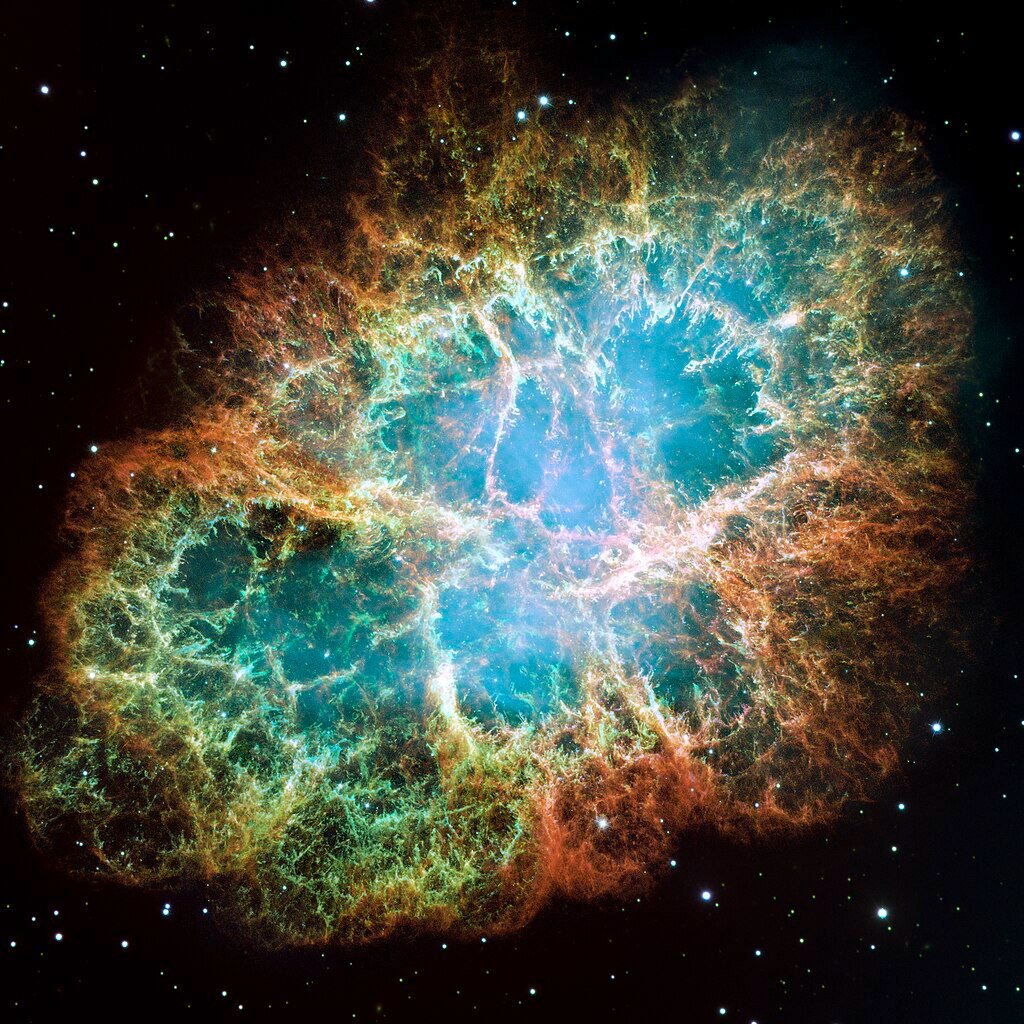The universe shouldn’t exist at least, not in a form that allows life. Yet here we are, thinking, questioning, and marveling at the cosmos. The fundamental laws of physics appear fine-tuned with eerie precision. Alter any one of nature’s constant gravity, the speed of light, the mass of an electron even slightly, and stars wouldn’t ignite, atoms wouldn’t bond, and life as we know it would be impossible.
This razor’s-edge accuracy begs a fundamental question: Why? Does the universe show a deeper inclination toward life, or is our existence a cosmic fluke? For decades, philosophers and scientists have battled this riddle; the solutions or lack thereof questions our conception of reality itself.
The Fine-Tuning Problem: A Universe Balanced on a Knife’s Edge
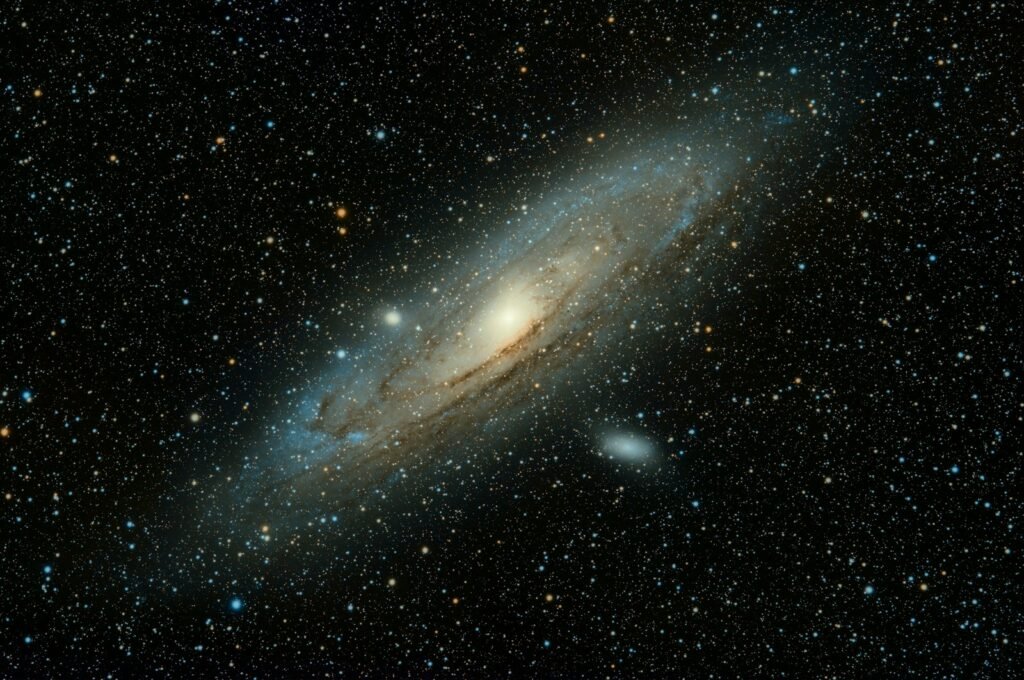
See yourself changing the universe’s dials. Just 1% increases gravity; stars burn too quickly to let planets like Earth to develop. By a fraction, lower the strong nuclear force; atomic nuclei would never stabilize and chemistry and life would never be possible. Calibrated to an astonishing accuracy of one part in 10^120, even the cosmological constant controlling the expansion of space is tuned. Any variation would never allow galaxies, stars, and planets to come together.
Physicist Sir Martin Rees identified six such fundamental constants that must fall within an unimaginably narrow range for life to exist. The odds of this happening by chance? Astronomically low. This is the fine-tuning problem and it demands an explanation.
The Anthropic Principle: A Universe That Observes Itself
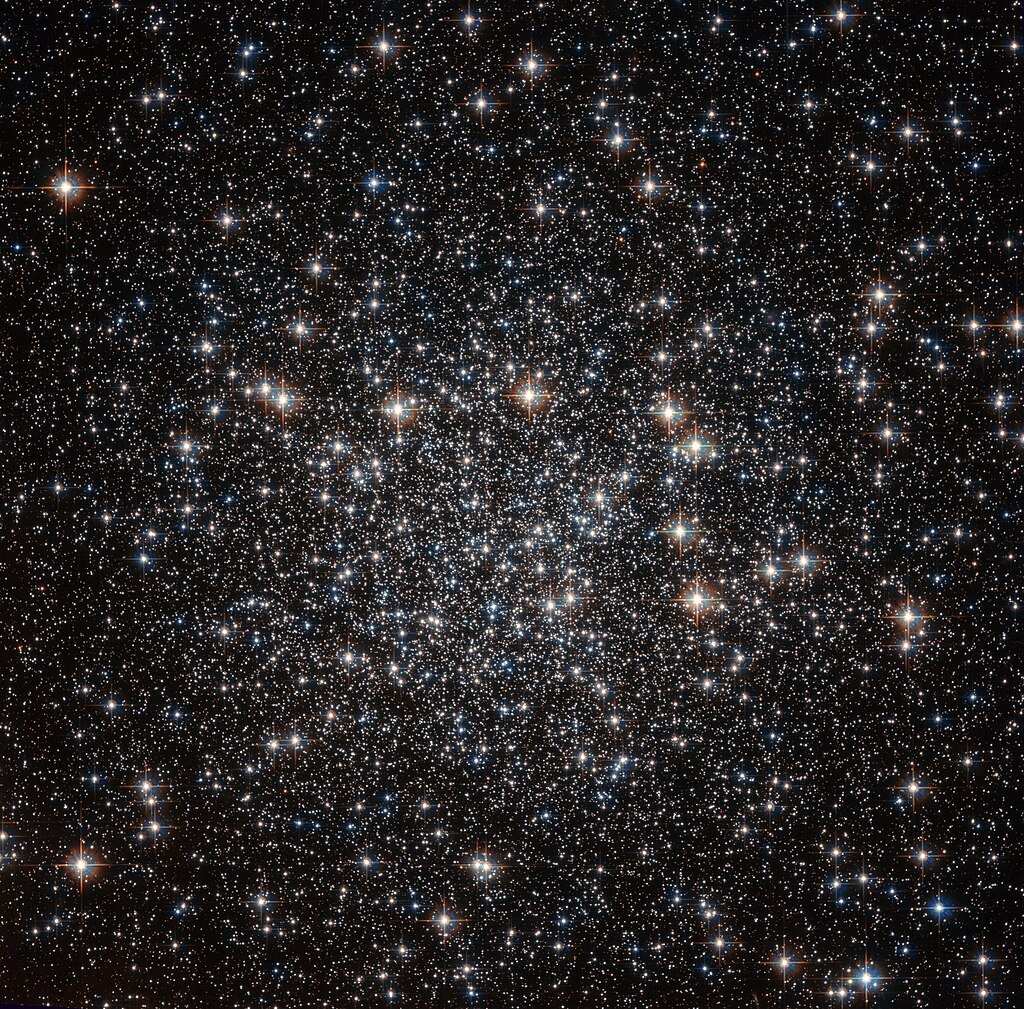
One answer is the anthropic principle: The universe must allow observers because, well, we’re here to observe it. In other words, if the constants weren’t just right, we wouldn’t exist to question them.
But this explanation feels like a tautology a shrug rather than an answer. As physicist Lee Smolin once quipped, “The anthropic principle is the last refuge of the theorists who have run out of ideas.” While logically sound, it leaves us hungry for a deeper mechanism.
The Multiverse Hypothesis: A Cosmic Lottery With Infinite Tickets
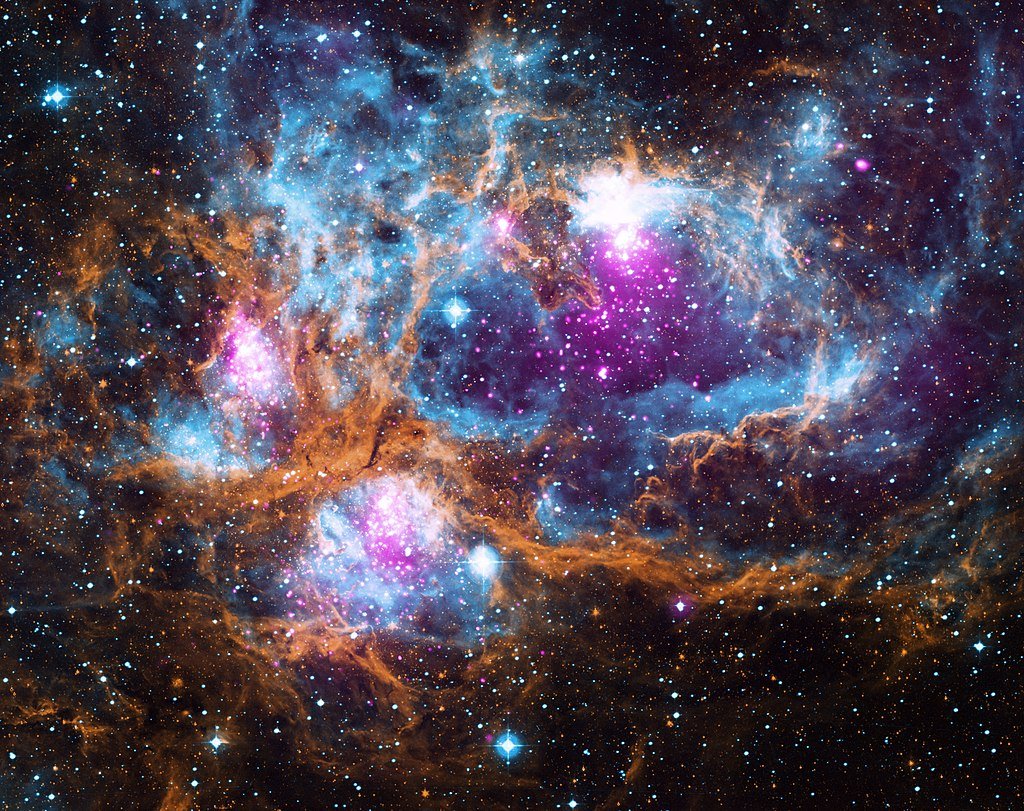
What would happen if our cosmos were not the only one? According to the multiverse view, there are many worlds with distinct physical laws. Most would be sterile, dead voids, but occasionally like ours the numbers line exactly for life.
Two eminent models of physics agree with this:
- Eternal Inflation: The Big Bang was not a once-occurrence. Rather, space opens out endlessly creating “bubble universes” with different rules.
- String Theory Landscape: Each birthing of a unique universe, hidden dimensions could fold into *10^500* possible configurations.
The catch is that we do not know of any evidence for other worlds. The multiverse is still a speculative escape hatch, one that only moves the fine-tuning issue rather than fixing it.
The Flaws in the Multiverse Argument
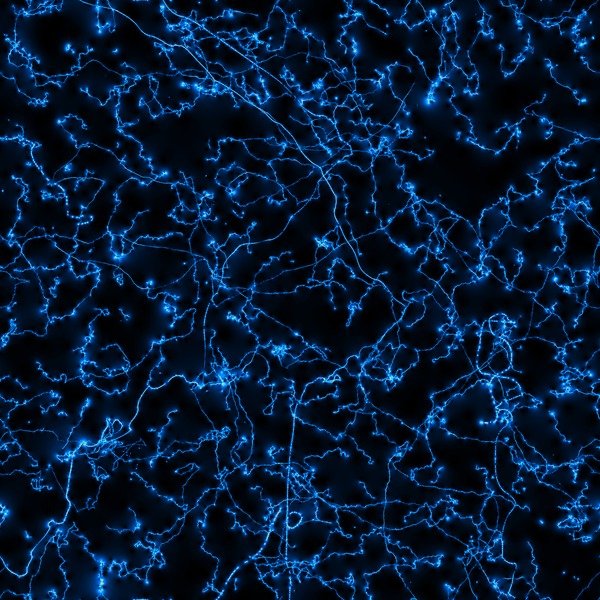
The multiverse isn’t a silver bullet. For one, it also requires unexplained fine-tuning. Eternal inflation depends on unknown initial conditions, and string theory can’t predict which of its *10^500* possible universes we inhabit. Worse, these theories are untestable—at least for now.
Nobel laureate David Gross has criticized the multiverse as “a dangerous idea… because it’s not falsifiable.” If we can’t observe, measure, or interact with other universes, does the theory even qualify as science?
Alternative Explanations: A Universe Designed for Life?
Some philosophers and experts contend that fine-tuning points toward cosmic purpose. Though divisive, this concept isn’t strictly theological. Theoretically, physicist Paul Davies says, “the universe is somehow set up to encourage the emergence of life.”
There are several nonreligious justifications as follows:
- Self-Organizing Physics: Unknown natural laws could naturally support complexity.
- Simulation Hypothesis: Our planet might be a manmade construct with naturally occurring friendly conditions.
- New Fundamental Theory: Undiscovered but deeper laws could explain why these constants are what they are.
These are still hypothetical, though. The mystery lives until we have empirical data.
What If We Never Find an Answer?
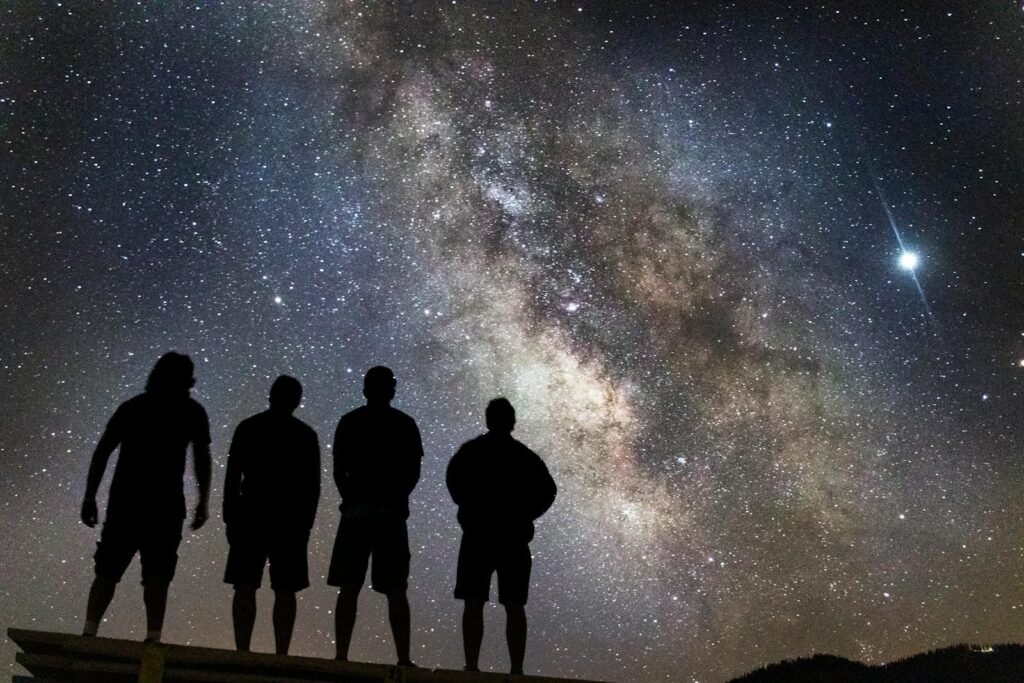
Science thrives on unanswered questions, and fine-tuning may be one that lingers for centuries. Some constants might never be derived from deeper principles they may simply be brute facts of existence.
But that doesn’t mean we should stop looking. As physicist Sean Carroll argues, “The universe doesn’t owe us an explanation.” Yet the very fact that we can ask these questions suggests something remarkable: We are the universe’s way of understanding itself.
Conclusion: A Mystery That Defines Our Existence
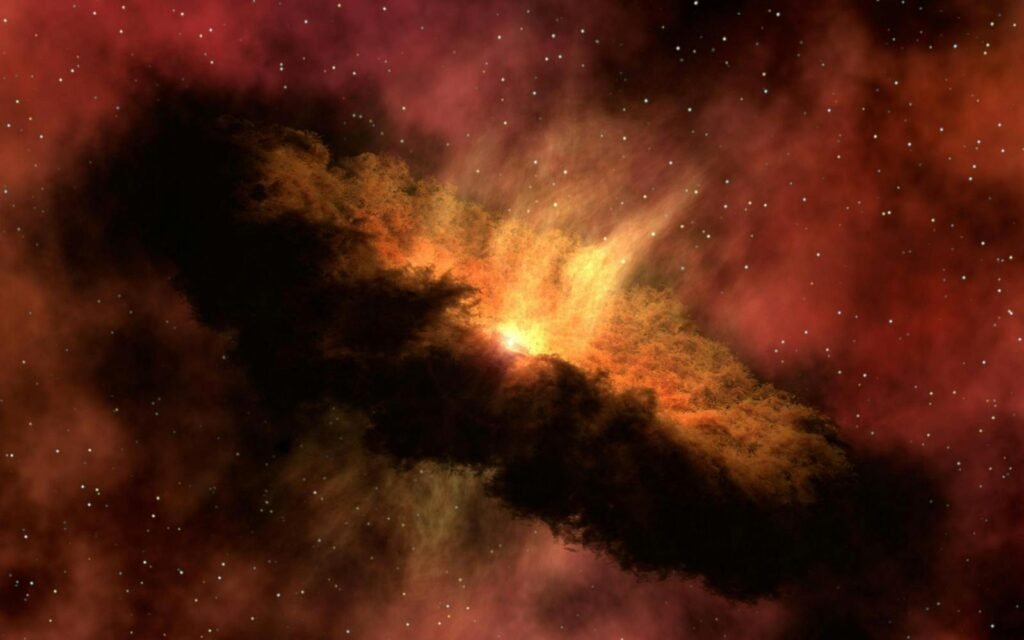
The fine-tuning of the universe is a mirror reflecting our most existential concerns, not only a physics puzzle. One thing is clear: our existence depends on an astonishingly rare equilibrium whether via multiverses, undiscovered laws, or pure cosmic luck.
Maybe the solution resides in our actions with that knowledge, not in why the universe allows life. After all, we are the rare, brief opportunity the universe offers to see itself. And that is worth considering by itself.
Sources:

Jan loves Wildlife and Animals and is one of the founders of Animals Around The Globe. He holds an MSc in Finance & Economics and is a passionate PADI Open Water Diver. His favorite animals are Mountain Gorillas, Tigers, and Great White Sharks. He lived in South Africa, Germany, the USA, Ireland, Italy, China, and Australia. Before AATG, Jan worked for Google, Axel Springer, BMW and others.

